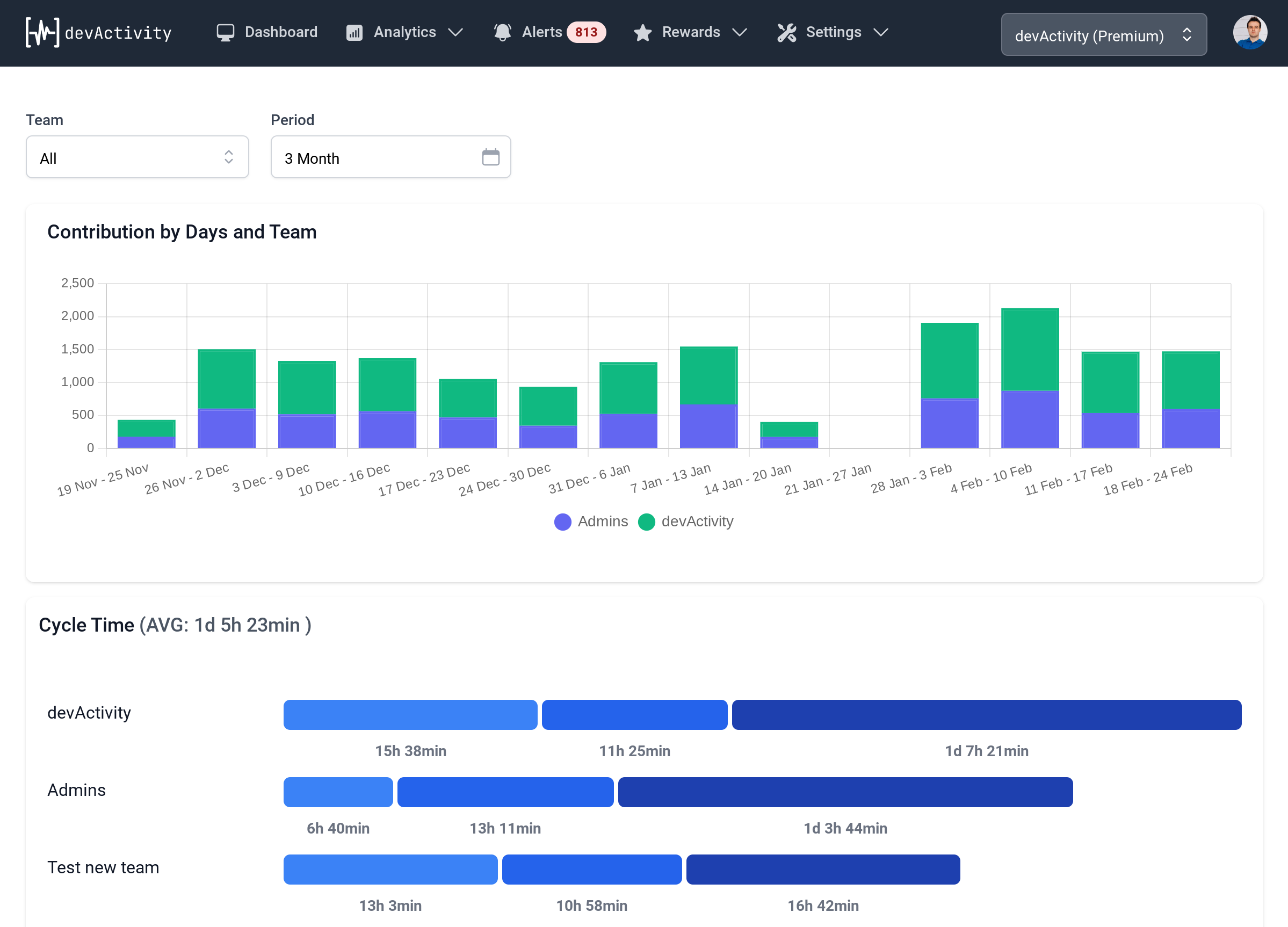Software Engineering Management: Best Practices, Tools & Strategies

Managing software engineering teams is like orchestrating a complex symphony. Each team member, like an individual instrument, brings unique skills and expertise to the table. But to create truly harmonious and impactful software, you need a conductor - someone who can guide and inspire the team towards a common goal. That's where effective software engineering management comes into play.
Think of software engineering management as the art and science of leading a team of engineers to deliver exceptional software solutions. It involves setting clear expectations, fostering collaboration, tracking progress, and continually optimizing the development process. It's a multifaceted role that requires a blend of technical understanding, leadership skills, and a passion for building great software.
Why is Software Engineering Management Important?
In today's fast-paced technology landscape, effective software engineering management is crucial for organizations to stay ahead of the curve. A well-managed software engineering team can deliver the following advantages:
- Increased Productivity: A cohesive and motivated team translates to more efficient development cycles and faster time-to-market.
- Improved Code Quality: Well-defined processes and rigorous code reviews lead to higher-quality software, reducing bugs and maintenance headaches.
- Enhanced Collaboration: Clear communication and streamlined workflows encourage collaboration, boosting team morale and innovation.
- Reduced Costs: Minimizing development delays and defects translates to significant cost savings and a better return on investment.
- Stronger Team Culture: Effective leadership fosters a positive and supportive team environment, improving employee satisfaction and retention.
Key Principles of Software Engineering Management
Here are some fundamental principles that every software engineering manager should embrace:
- Clear Communication: Open and transparent communication is key to building trust and ensuring everyone is on the same page. Regularly check in with team members, provide regular updates, and actively solicit feedback.
- Goal Setting: Define clear goals and objectives for the team. These goals should be SMART - Specific, Measurable, Achievable, Relevant, and Time-bound.
- Teamwork and Collaboration: Foster an environment that encourages collaboration and knowledge sharing. Create opportunities for cross-functional communication and peer learning. Consider using agile methodologies like Scrum or Kanban, which are built on collaboration and iterative progress.
- Process Optimization: Continuously evaluate and refine development processes to eliminate inefficiencies and improve productivity. Leverage tools and methodologies that streamline workflows.
- Performance Feedback and Recognition: Regularly provide constructive feedback and recognize the contributions of individual team members. This helps build morale, encourage growth, and acknowledge individual achievements.
- Technical Expertise: Maintain a good understanding of the technical aspects of the software development process. This allows you to provide more informed guidance, support, and troubleshoot technical challenges.
Leveraging Tools for Effective Software Engineering Management
In addition to strong principles, having the right tools can make a world of difference for software engineering management.
Imagine trying to manage a symphony without any musical instruments! It would be chaotic and ineffective. Similarly, managing a software engineering team without the right tools is a recipe for frustration and missed opportunities.
Here's where devActivity comes in.
devActivity: Your Ally in Software Engineering Management
devActivity is a powerful, AI-powered repository contributions analytics app designed to enhance software engineering management and improve team performance. Here are some of the key ways devActivity can empower you:
- Track Individual and Team Activity: devActivity provides a comprehensive view of individual and team contributions, allowing you to identify trends, track progress, and spot potential bottlenecks.
- Analyze Code Quality Metrics: devActivity provides key metrics such as cycle time, review time, and pickup time, enabling you to identify areas for improvement in code quality and development efficiency.
- Generate Performance Reviews: devActivity simplifies performance review processes by providing detailed insights into contributor performance, including achievements, challenges, and recognition awards.
- Automate Performance Reviews: devActivity automates the generation of performance review data, saving you valuable time and providing a data-driven basis for objective assessments.
- Foster Team Collaboration: devActivity's built-in gamification features, including XP, achievements, and challenges, boost team morale and collaboration, fostering a more engaged and productive work environment.
- Data-Driven Decision Making: devActivity provides actionable data that can help you make informed decisions about resource allocation, process improvements, and team management strategies.
devActivity: A Real-World Analogy
Think of devActivity as your personal assistant for managing a symphony orchestra. Just as a conductor uses a baton to direct and inspire musicians, devActivity provides you with the tools and insights to effectively guide and motivate your engineering team.
- Data: devActivity collects and analyzes performance data, similar to how a conductor listens to the individual instruments to assess their performance and overall harmony.
- Insights: devActivity generates actionable insights based on the data, providing you with the guidance and direction needed to make effective decisions, just like a conductor would provide instructions to their musicians.
- Gamification: devActivity uses gamification features to motivate team members, just like a conductor uses musical cues and gestures to inspire the orchestra.
5 Stats that Prove the Importance of Effective Software Engineering Management
- 70% of software projects fail or are significantly delayed due to poor project management (Source: Standish Group).
- Effective software engineering management can lead to a 30% increase in productivity and a 20% reduction in development costs (Source: Project Management Institute).
- Teams with strong communication and collaboration are 25% more likely to succeed in software development projects (Source: Harvard Business Review).
- The average cycle time for software development projects can be reduced by 50% using agile methodologies (Source: Agile Alliance).
- Engaged and motivated software engineers are 17% more productive and 20% more likely to stay with their company (Source: Gallup).

